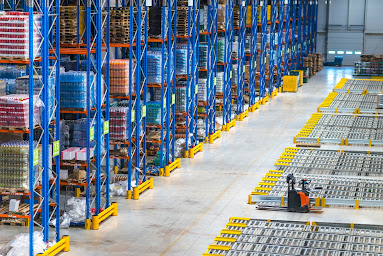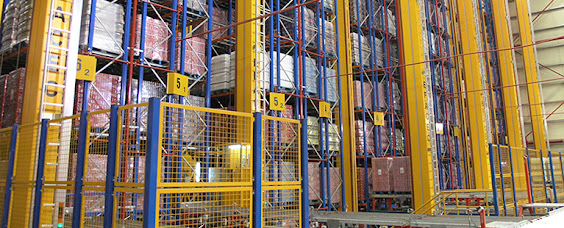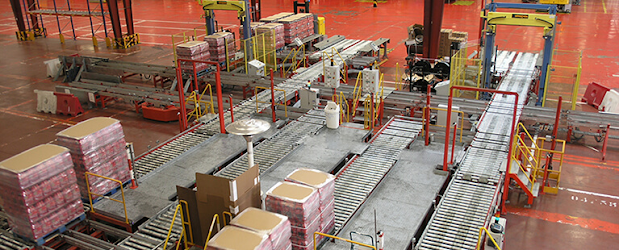Automated Storage Systems: Revolutionizing Warehousing
Introduction to Automated Storage Systems
Ever thought of a warehouse that operates like a well-orchestrated symphony, with each piece of inventory moving seamlessly and precisely to its destination? That's what Automated Storage Systems bring to the table. But, what exactly are these systems, and why are they such a big deal in the world of logistics and warehousing?
Understanding Automated Storage
Automated Storage Systems, as the name implies, are systems designed to automatically store and retrieve items with minimal human intervention. These systems are powered by advanced technologies such as robotics, sensors, and software algorithms to deliver unprecedented levels of efficiency, accuracy, and speed. Picture a giant vending machine, but instead of dispensing snacks, it delivers boxes of inventory, and you'll get a glimpse of what an Automated Storage System looks like!
The Significance of Automation in Storage
Automation has been a game-changer in numerous industries, and storage is no exception. But what makes it so important?
Efficiency and Productivity
Automated Storage Systems significantly boost warehouse productivity. They can operate round the clock, picking and placing items at a consistent rate, thereby improving throughput.
Reduced Error Rate
Manual handling is prone to errors. On the other hand, automated systems, driven by accurate software instructions, ensure that the right item is picked and placed in the correct location, reducing the error rate substantially.
Improved Safety
These systems also enhance safety in warehouses. By reducing the need for manual handling of heavy items, they help prevent workplace injuries.
Types of Automated Storage Systems
Not all Automated Storage Systems are made equal. Depending on the needs and the nature of the operations, different types of systems are used. Let's explore some of them.
Automated Storage and Retrieval Systems (AS/RS)
AS/RS are large systems that use aisles of racking and an automated crane to store and retrieve items. These systems are efficient, accurate, and can handle heavy loads, making them ideal for large warehouses.
Vertical Lift Modules (VLMs)
VLMs are enclosed systems with vertically arranged trays. An automated lift retrieves and places trays at the operator's station. These systems are perfect for saving floor space as they utilize vertical space efficiently.
Horizontal Carousels
Think of horizontal carousels as rotating shelves that bring the items to the operator. They offer fast and efficient picking, especially for smaller items.
Vertical Carousels
Vertical Carousels are similar to Horizontal Carousels but rotate vertically, akin to a Ferris wheel for inventory.
Choosing the Right Automated Storage System
Evaluating Your Needs
Choosing the right Automated Storage System depends on your specific needs. You must evaluate factors like the type of inventory, throughput requirements, and available warehouse space.
Consideration of Cost and Space
Another important consideration is cost. While these systems may require significant upfront investment, they can lead to substantial savings in the long run by improving efficiency and reducing labor costs.
Future of Automated Storage Systems
The future of Automated Storage Systems looks bright with advancements in artificial intelligence and machine learning. These technologies are enabling systems to make autonomous decisions, further improving their efficiency and accuracy.
Conclusion
In conclusion, Automated Storage Systems are revolutionizing warehousing, delivering unprecedented levels of efficiency, accuracy, and safety. While the upfront costs may be significant, the long-term benefits make these systems an investment worth considering.
Also Read - ASRS: Revolutionizing Storage & Inventory Management


.png)

Comments
Post a Comment